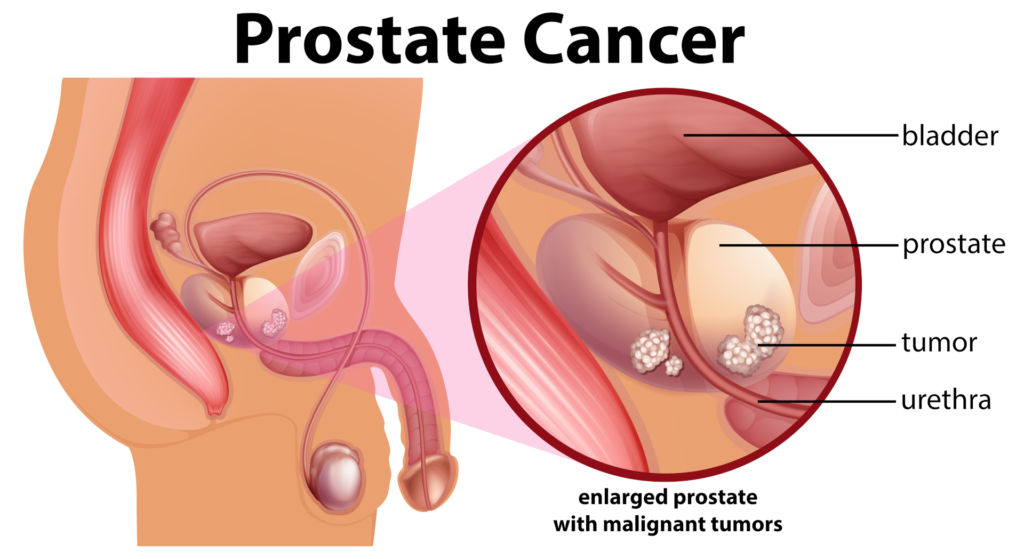
The Coalition for Healthy Food Advocacy (CHFA) has backed the National Agency for Food and Drug Administration and Control (NAFDAC) ahead of its December ban and January 2026 enforcement of the nationwide restriction on sachet and small-volume alcoholic beverages.
The coalition, therefore, urged manufacturers, distributors, retailers, and market associations to ensure full compliance with the directive.
It also called on security agencies and state governments to support NAFDAC in monitoring markets, eliminating illegal production, and preventing the banned products from re-entering circulation.
The coalition also encouraged sustained public awareness to ensure communities understand the health reasons behind the ban.
The coalition said the ban represents a necessary step to protect children, curb non-communicable diseases, and strengthen Nigeria’s food environment.
In a press statement on Thursday, the coalition warned that the continued circulation of cheap, high-strength alcohol in sachets and containers below 200 millilitres poses serious risks to young people and low-income communities.
It noted that those products have long been associated with early alcohol initiation because they are inexpensive, potent, and widely available in informal markets where age limits are rarely enforced.
Enforcing the ban, it said, is essential to shield children and adolescents from exposure that can lead to lifelong health and social consequences.
The coalition recalled that NAFDAC’s enforcement follows a five-year moratorium agreed in 2018 between the agency, the Federal Ministry of Health, the Federal Competition and Consumer Protection Commission, and beverage manufacturers, noting that the phased transition was intended to give producers adequate time to discontinue the high-risk packaging formats.
According to community accounts gathered by the coalition, sachet alcohol has disproportionately harmed low-income neighbourhoods.
CHFA explained that alcohol contributes to more than two hundred disease and injury conditions, including liver disease, hypertension, stroke, several cancers, and poorer outcomes for people living with diabetes.
It noted that products sold in sachets or other small containers often carry high alcohol concentration and are typically consumed quickly, encouraging binge drinking and increasing the risk of road crashes, unsafe sexual behaviour, poisoning, and premature death.
Beyond medical risks, the coalition highlighted alcohol’s broader impact on diet and nutrition, warning that consumption can displace healthy foods, fuel cravings for salty and fatty snacks, impair nutrient absorption, and worsen glycaemic control.
Removing sachet alcohol, it said, supports ongoing national nutrition policies such as sodium reduction, trans-fat elimination, and the push for Front-of-Pack Labelling.
The coalition also drew attention to the economic burden of harmful alcohol use, citing evidence of rising healthcare expenditure, productivity losses, road traffic injuries, and social disruption.
It argued that these costs far outweigh revenues generated from alcohol sales and that protecting young people from harmful exposure is vital to strengthening Nigeria’s human capital and ensuring sustainable economic growth.
The group quoted Akinbode Oluwafemi, Executive Director of Corporate Accountability and Public Participation Africa, as saying these communities have endured alcohol-fuelled violence, addiction, and worsening economic hardship.
Oluwafemi said the ban underscores that public health must take precedence over profit and urged industry operators to support full compliance.
Quoting Dr Jerome Mafeni, Lead Technical Advisor at the Network for Health Equity and Development and Secretariat Lead for CHFA, the statement said removing sachet alcohol aligns with measures aimed at preventing hypertension, diabetes, and cardiovascular diseases.
He maintained that a healthier population is central to national development and that alcohol-related harm imposes a far heavier economic burden than industry stakeholders acknowledge.
According to CHFA, eliminating sachet alcohol from the market is a necessary step toward building a healthier, safer, and more productive Nigeria.




